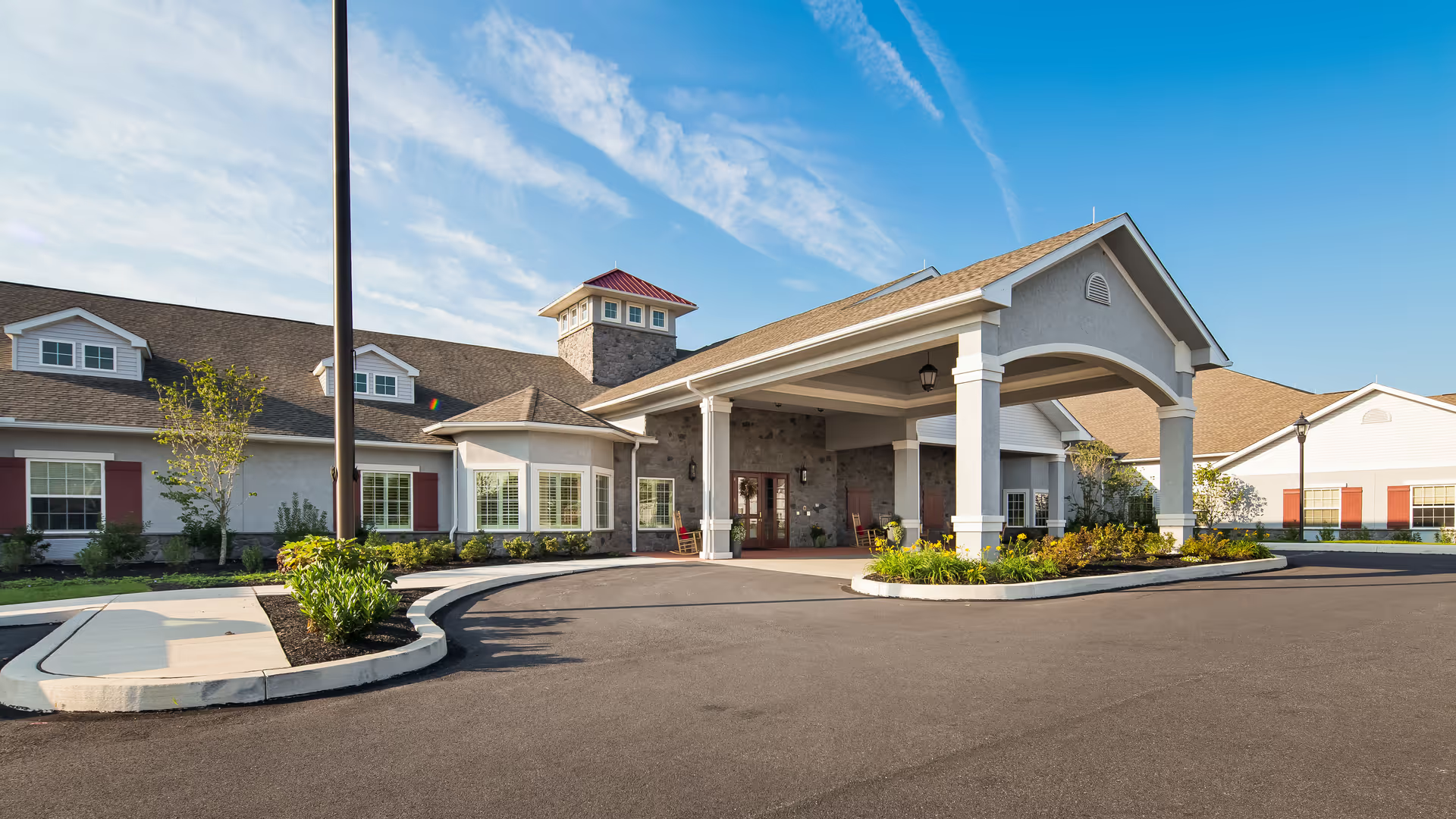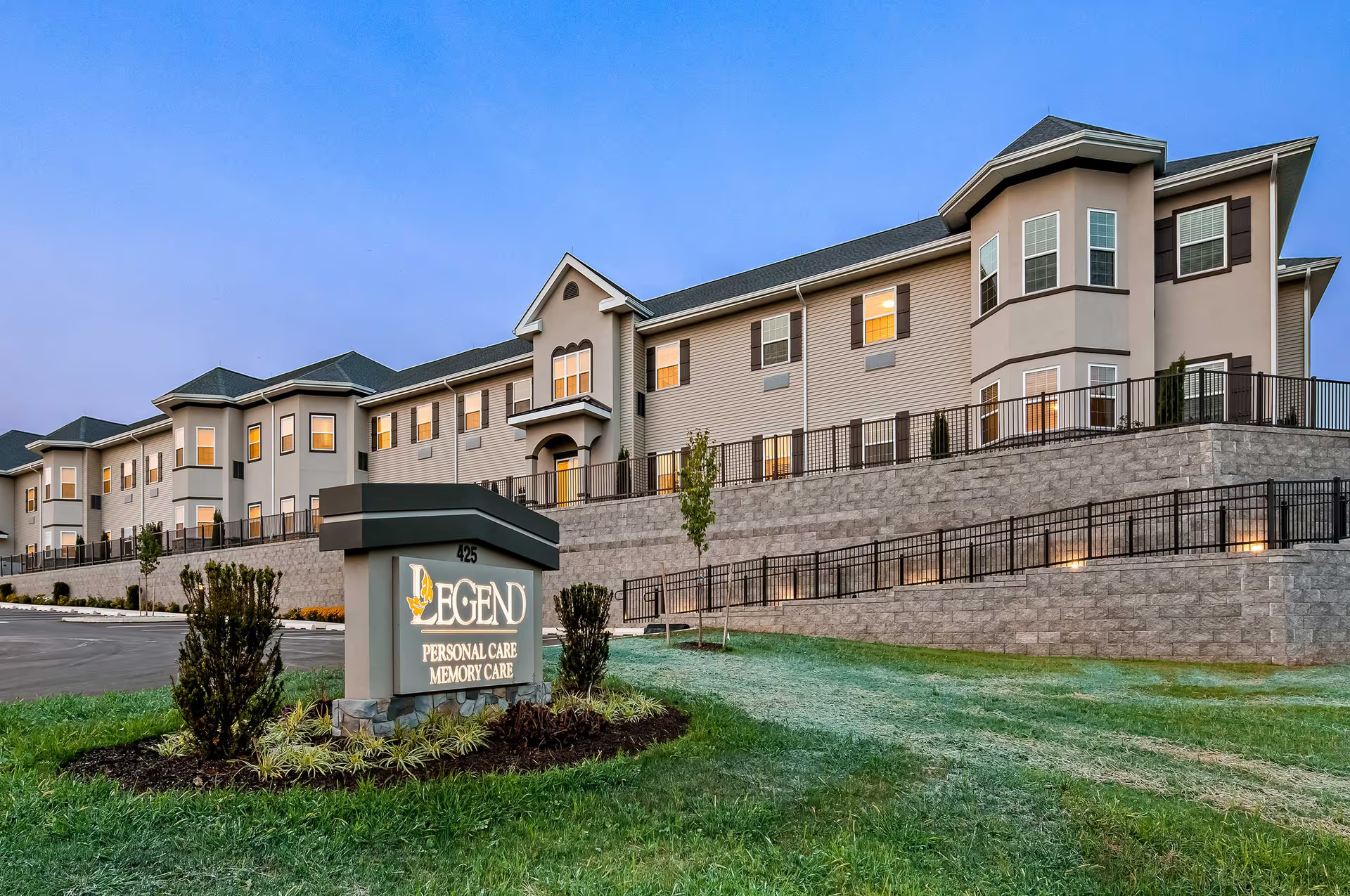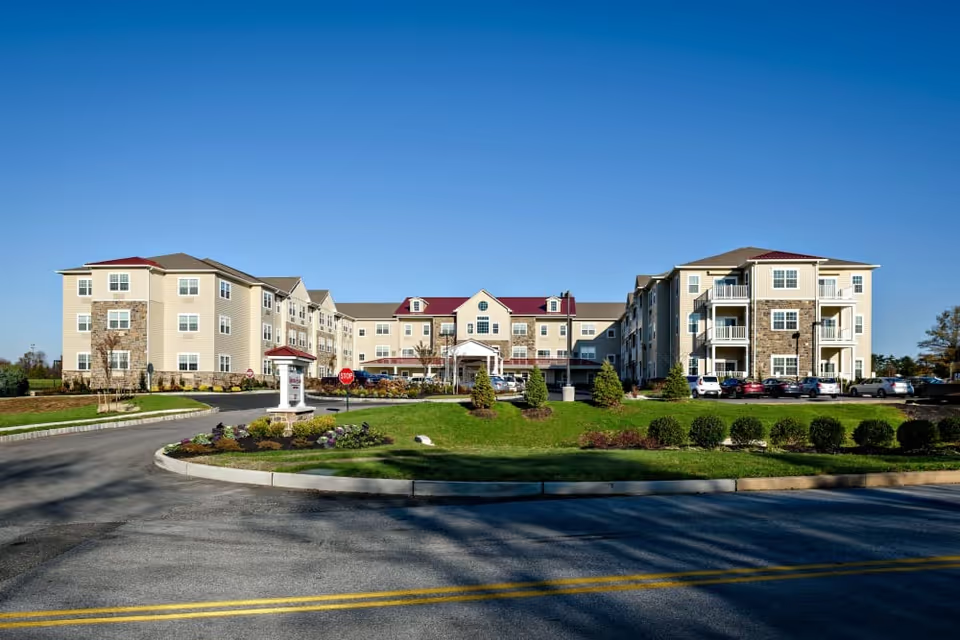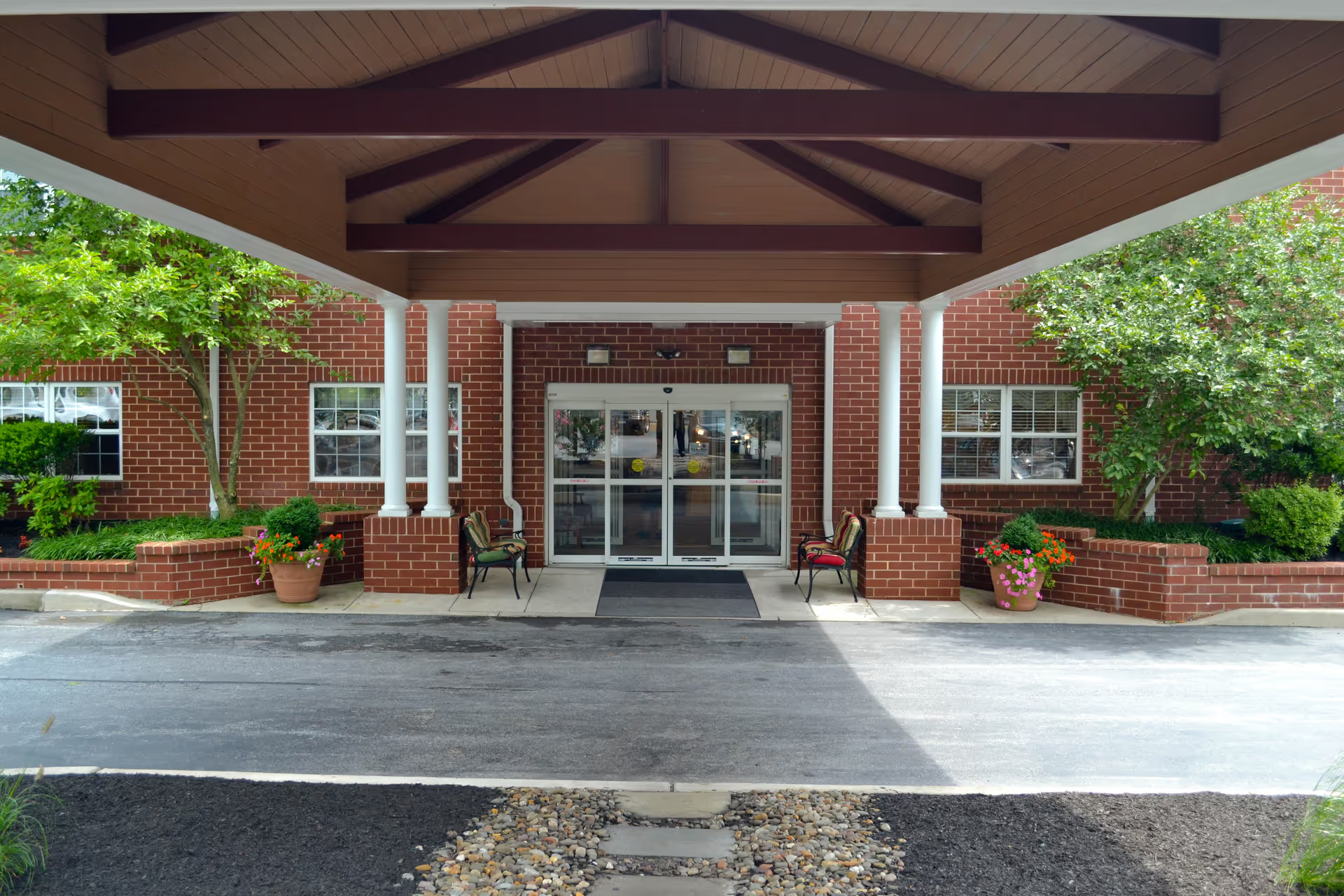Overall sentiment: The reviews for Pineview Manor Extended Care are sharply mixed but skew heavily toward concerning reports of neglect, inconsistent clinical care, and operational problems. While a subset of reviewers describe a clean, renovated facility with compassionate staff and good clinical expertise, a much larger body of reviews details repeated safety, hygiene, and oversight failures that led to serious adverse outcomes for residents. Key themes recur across multiple reviews: long delays in assistance, poor personal care and hygiene, infection control lapses, medication and feeding-tube mismanagement, and management unresponsiveness.
Care quality and patient safety: Numerous reviewers reported severe lapses in direct patient care. Typical complaints include residents being left soiled or in waste for hours, infrequent bathing, missed or improperly managed wound care resulting in bedsores, and failure to provide necessary supports such as air mattresses or timely ambulance transport. Several reviews describe clinical events with grave consequences: C. difficile infection, septic shock with ICU admission, and at least one death linked in family reports to improper feeding tube handling and infections. Medication administration practices and explanations are described as inconsistent and nontransparent. There are multiple accounts of feeding tube clogs, tubes discontinued or not flushed, and long delays in replacement. Reviewers explicitly connect these clinical failures with infection risk and poor outcomes. Reports of a COVID outbreak where protocols were not followed further underscore systemic infection-control weaknesses.
Staff behavior, staffing levels, and culture: Staff behavior and culture are major areas of concern. Many reviews describe rude, dismissive, or unprofessional nursing staff; conversely, several reviews single out individual caregivers or clinicians as kind, skilled, and compassionate. This contrast suggests significant variability in staff performance and perhaps uneven supervision. Chronic understaffing appears frequently cited—particularly on evenings and weekends—with reviewers reporting short or absent therapy sessions, long GNA breaks, and difficulty locating caregivers when needed. High turnover and frequent personnel changes were noted, and some reviewers explicitly said certain staff should be removed or retrained. These patterns contribute to a perception of unstable staffing and inconsistent continuity of care.
Therapy and rehabilitation: The facility offers rehabilitation services, but many reviewers found therapy inadequate. Common complaints include very short physical therapy visits, lack of meaningful therapy follow-through, and poor communication about therapy plans. A few reviewers noted that rehab showed potential or that therapy staff were present, but the dominant thread is that therapy sessions were too brief or superficial to support recovery, especially for post-surgical patients.
Facilities, cleanliness, and environment: Reviews about the building and environment are mixed. Positive comments highlight renovations, clean smelling common areas, nicer decor, and a generally home-like atmosphere in some wings. However, contrasting reports describe bad odors on certain floors, broken elevators, rooms that were cold on move-in, and cleanliness lapses in residents' rooms (fecal matter on sheets was reported). Two-person rooms and limited privacy were also mentioned. These differences suggest variability by unit or staff shift in maintaining facility standards.
Dining and nutrition: Many families complained about meal quality and appropriateness. Recurring complaints include cold meals, unbalanced menus inappropriate for residents with hypertension or diabetes, missing late-night snacks, and residents not being helped to eat. A minority of reviewers reported tasty meals when their loved ones could eat, indicating that dining quality may be inconsistent and affected by staffing for feeding assistance.
Management, communication, and family relations: Several reviewers felt management was unresponsive, dismissive, or unwilling to address serious concerns. Complaints included lack of doctor engagement, failure to involve families in significant care decisions (including transfers to long-term care), incomplete medical records or failure to provide records on request, and unresolved billing or insurance disputes. Positive exceptions exist—some reviews praised an on-site owner and staff who were communicative and inclusive during tours—but overall, families report difficulty obtaining reliable information and effective advocacy from leadership.
Infection control and clinical sanitation: There are multiple reports of poor infection-control practices beyond the COVID issues: staff allegedly not using gloves, respiratory therapists practicing unsafely (unsanitary suctioning, secretions poorly managed), broken or unclean equipment, and missed replacements of suction devices. These specifics, along with the reported infections, suggest gaps in routine clinical sanitation and equipment maintenance.
Variability and patterns: A notable pattern is sharp inconsistency: the same facility draws high praise from some families for compassionate, skilled staff and a pleasant environment, while other families report neglect, unsafe care, and serious clinical failures. This variability may reflect uneven staffing, shift-dependent performance, unit-specific issues, or management lapses in maintaining consistent standards. Weekend and evening coverage appears to be particularly problematic in multiple accounts.
Conclusion and implications: The reviews indicate that Pineview Manor has the structural foundation to provide good care—some renovated spaces, caring individual staff members, and reported examples of strong clinical skill—but suffers from systemic operational and clinical safety issues that materially affect resident well-being. The most urgent concerns are neglect resulting in prolonged soiling, feeding-tube mismanagement, infection control failures, wound-care neglect (bedsores), and poor responsiveness to urgent clinical events. Families considering the facility should weigh the positive reports of clean, renovated areas and compassionate staff against frequent reports of unsafe care and management unresponsiveness. Prospective residents and families should seek detailed, written assurances on staffing ratios (including weekend/evening coverage), infection-control policies, feeding-tube and wound-care protocols, medication administration transparency, and escalation procedures, and should ask for references from current families with recent experience. For current families facing issues, the reviews suggest escalating concerns in writing, documenting incidents, and involving state survey/oversight agencies or the resident’s discharge planner/hospital case manager when serious safety or clinical failures occur.







